Risk Management
Risk management is an innate part of Axias’ cost management services, with the continuous assessment of risk in the project and impact to recommended contingency levels while estimating construction costs. We also participate in and lead risk management workshops, develop and maintain risk registers, and offer expert advice on identifying and mitigating project risk.
For Government clients this is referred to as cost and schedule risk analysis (CSRA). The first CSRA workshop should be held during the early design stages, either at concept or schematic phase. Benefits of this early engagement include:
Encourages project stakeholders to think holistically about shared priorities and goals
Provides a platform for review of all project assumptions and constraints
Quantifies cost and schedule contingencies needed to account for risks
Plans risk responses to counter project risks
Reduces project cost and schedule through early-stage intervention and risk management
Enhances project team collaboration and communication
The Axias process of CSRA is an iterative approach that revolves around the following steps:
Many of the components for a successful CSRA are in the preparation for and facilitation of a working session, which should involve the following key components:
Following the session, multiple iterations of potential outcomes are processed using Oracle Crystal Ball to perform Monte Carlo simulations, generating a range of potential costs and project durations.
The team can then reach consensus on what level of confidence they need on both aspects and assign contingencies accordingly, i.e., dollar amount in the estimate and float in the schedule. The result is a data-driven approach to assessing the most likely outcome of the project cost and schedule, balancing the actual risks that are present with reasonable allowances for managing those risks.
We treat CSRA as a continuous process through various design phases and occasionally into construction. CSRA workshops can continue to be held at key points of the schedule to facilitate ongoing discussions by stakeholders, using the risk register to track all the risk items with periodic reviews, updates, and reports.


